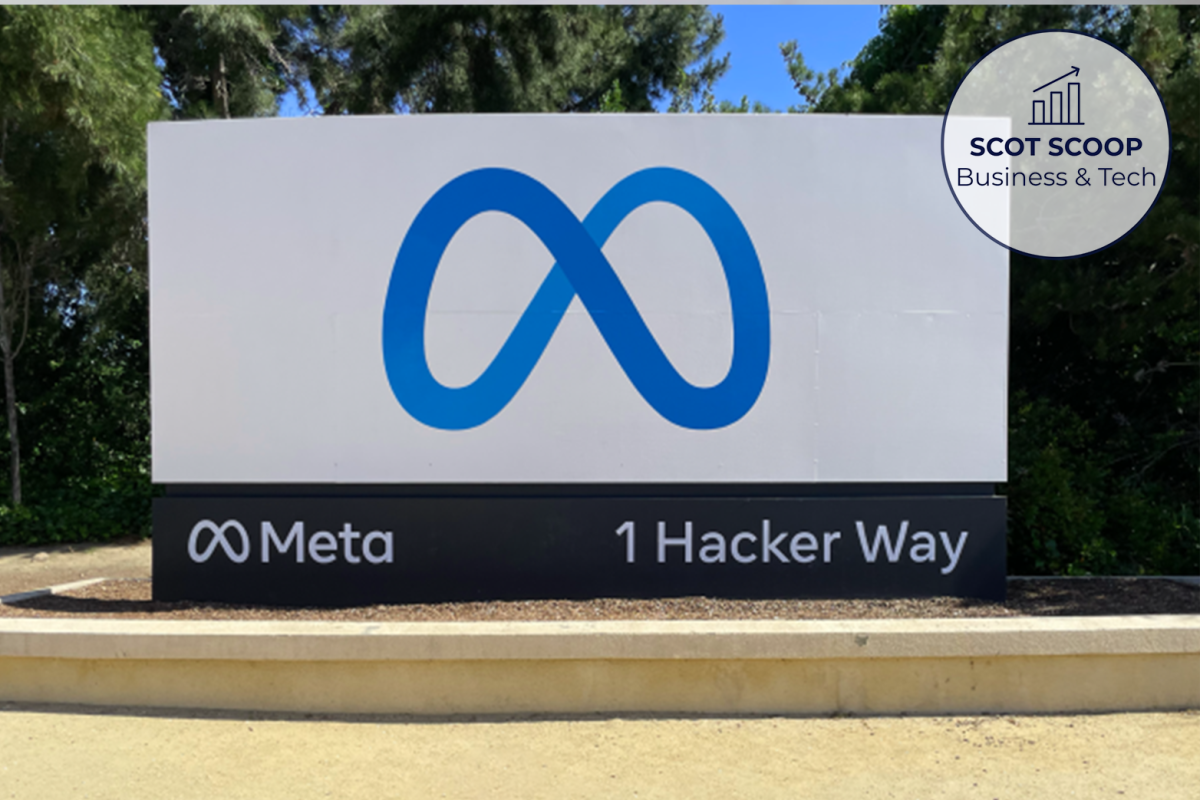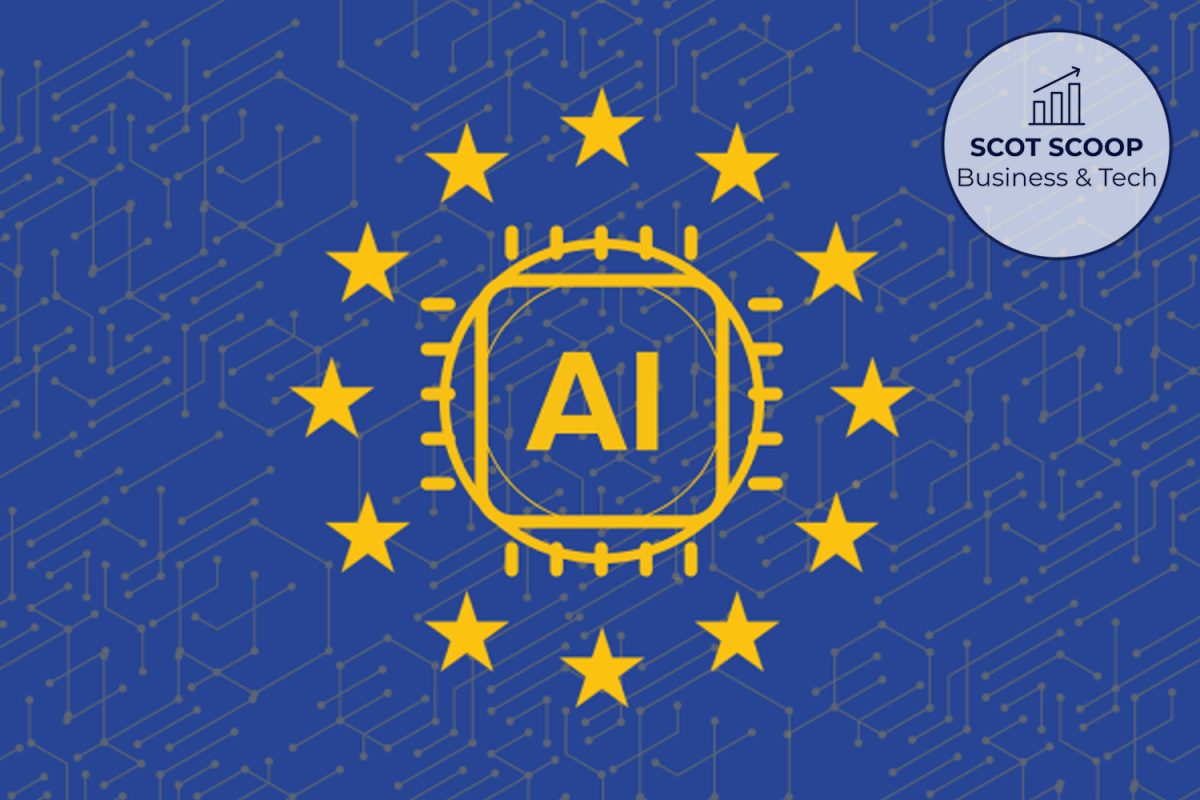Quantum computing is often regarded as the future of computers, boasting speeds exponentially higher than any computers today. But their insane speeds may also pose a problem to cyber security, which can no longer rely on the complex systems put in place assumed to be uncrackable by standard computers to protect precious data.
What are quantum computers?
Regular computers work as digital information-processing machines, constantly changing information into binary numbers (ones and zeros) and then using simple mathematics to make decisions about rearranging those numbers into words or actions. These computers, which have seen massive development in processing speeds throughout the past few decades, are beginning to see replacements by a more efficient computing system.
Quantum mechanics, which relates to the science behind these new computing systems, is a branch of physics that explores how the physical world works at a quantum level. This study allows subatomic particles, such as electrons or photons, known as Quantum bits or qubits, to simultaneously exist in more than one state of ones and zeros. Quantum computing harnesses these quantum phenomena to process information in a profoundly new way. Technology corporation, the International Business Machines Corporation (IBM) marks the worldwide market for quantum computing to be at more than $10 billion by 2024 and is likely to grow through consistent use by large tech companies in the future.
Differences in speed between traditional and quantum computers

Google, which owns one of the world’s fastest quantum computers, works with the National Aeronautics and Space Administration (NASA) to develop and test it for future use. Through experiments, their computer demonstrated its ability to compute in seconds what would take even the largest and most advanced supercomputers thousands of years, achieving a milestone known as quantum supremacy.
This significant leap in speed demonstrates quantum computers’ potential to revolutionize everything about processing data and running software in various industries.
However, quantum computers are estimated to cost around $10 million and an additional $10,000 monthly in electricity costs. So, quantum computing won’t seem very relevant to the average user. Nonetheless, the dangers behind others utilizing this technology for harmful actions should be an essential topic.
Cybersecurity
The advent of quantum computing will lead to changes to encryption methods. Due to the potential for future quantum computers to break standard encryption methods based on complex math problems previously proved impossible for modern computers to solve, businesses and governments have been quickly looking for better cybersecurity methods.
The U.S. government, in particular, is investing heavily in quantum computing technology, focusing on utilizing quantum computers to create encryption methods, acting as a shield against potential hackers. Since most documents, even classified information, are accessible through computer systems, it’s a priority for the government to continue investing in this.
Quantum tech will also defeat most cryptographic algorithms financial institutions such as banks and investment companies use to protect sensitive data and funds. Banks must start inventorying at-risk cryptography, set aside funds for system overhauls, and design modular software necessary to defend against quantum computers once they become readily available.
Cryptocurrency
As for cryptocurrencies such as Bitcoin, hacking into crypto wallets, where they are stored, will become far more common and efficient, which could prove highly dangerous in a system not backed by any bank or security system. Quantum computers, thus, could pose a significant threat to cryptocurrencies and blockchain technology.
The future of quantum computers and cyber security
Though quantum computing technology isn’t developed enough and is far too expensive for everyone to buy and use, the threat that quantum computers pose will likely be a significant risk to businesses, governments, financial institutions, and everyone using the internet in the near future. The most effective way to protect against this risk lies in research, funding, and paradoxically, additional experimentation with quantum computers.












